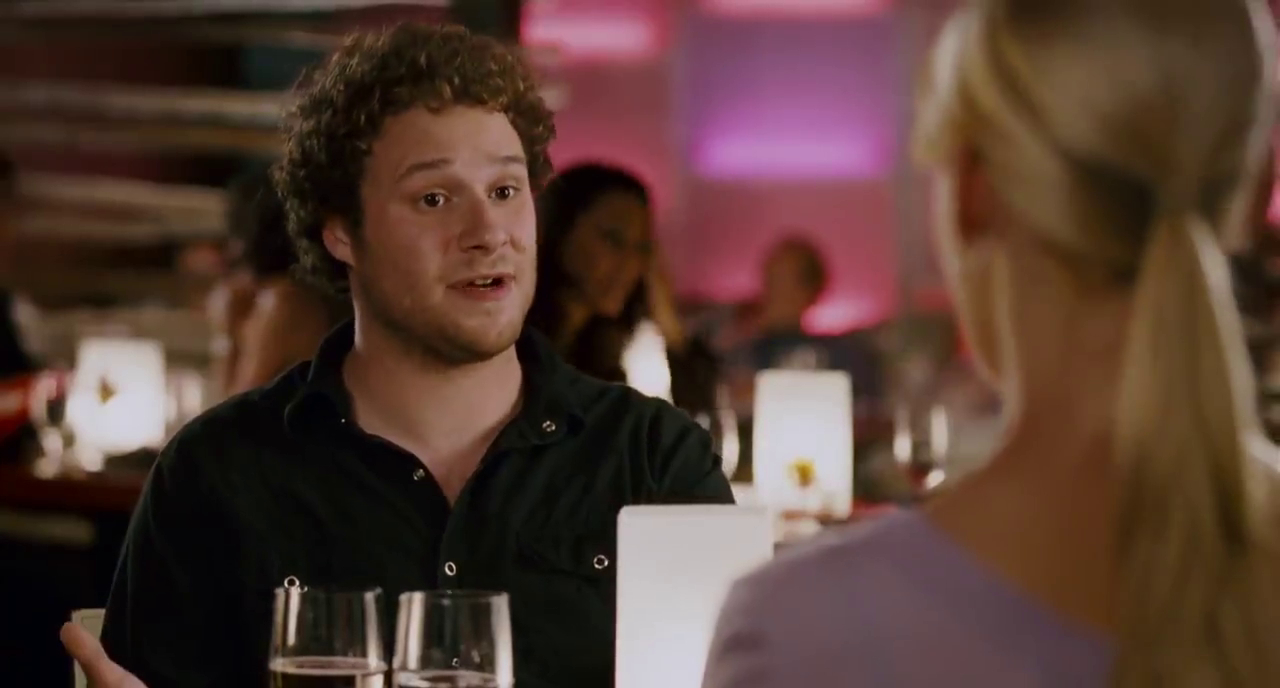



I had a date last weekend (yes, ladies, I am single).
However, it didn’t go well.
It started fine.
But the conversation steered towards health choices, religion, and foreign policy.
The date had very strong stances.
She positioned herself as an authority on each topic.
Interestingly though, she has no degree in these areas.
Doesn’t work in these fields.
Hasn’t been involved in related research studies.
Doesn’t write on the topics.
You get my point.
While I do have opinions, I was willing to hear her side.
I admitted several times that “I don’t know.”
But this wasn’t good enough for her.
I was either for or against.
I recognize that I don’t have the depth of knowledge to make authoritative claims on these topics.
Issues are rarely black and white.
It’s ok to say, “I don’t know.”
Even in areas I have deep expertise, I keep an open mind.
Many times things that I thought were true weren’t.
What worked once didn’t the next time.
Variables change.
If areas I know well are dynamic, it’s silly to think areas I don’t know well are cut and dry.
We’re conditioning to provide quick, confident answers.
It’s a sign of competence and leadership.
Knowledge gaps are hidden.
But is this helping us?
Admitting you don’t know something is an opportunity.
You can engage your team or client and say, “I don’t know, what do you think?”
Or say, “I don’t know, but I’ll try to find out.”
Diverse ideas have opened my eyes and shaped new ways of thinking.
Admitting I don’t have all the answers, but having the curiosity to find them out often led to better decisions.
“I don’t know” is a sign of confidence, not weakness.
It’s the fool that thinks of himself to be wise, but a wise man knows himself to be a fool.

Sign up now! Every Monday, get breaking news of recent CMO appointments, motivation to start your week positively, and innovative business development insights.